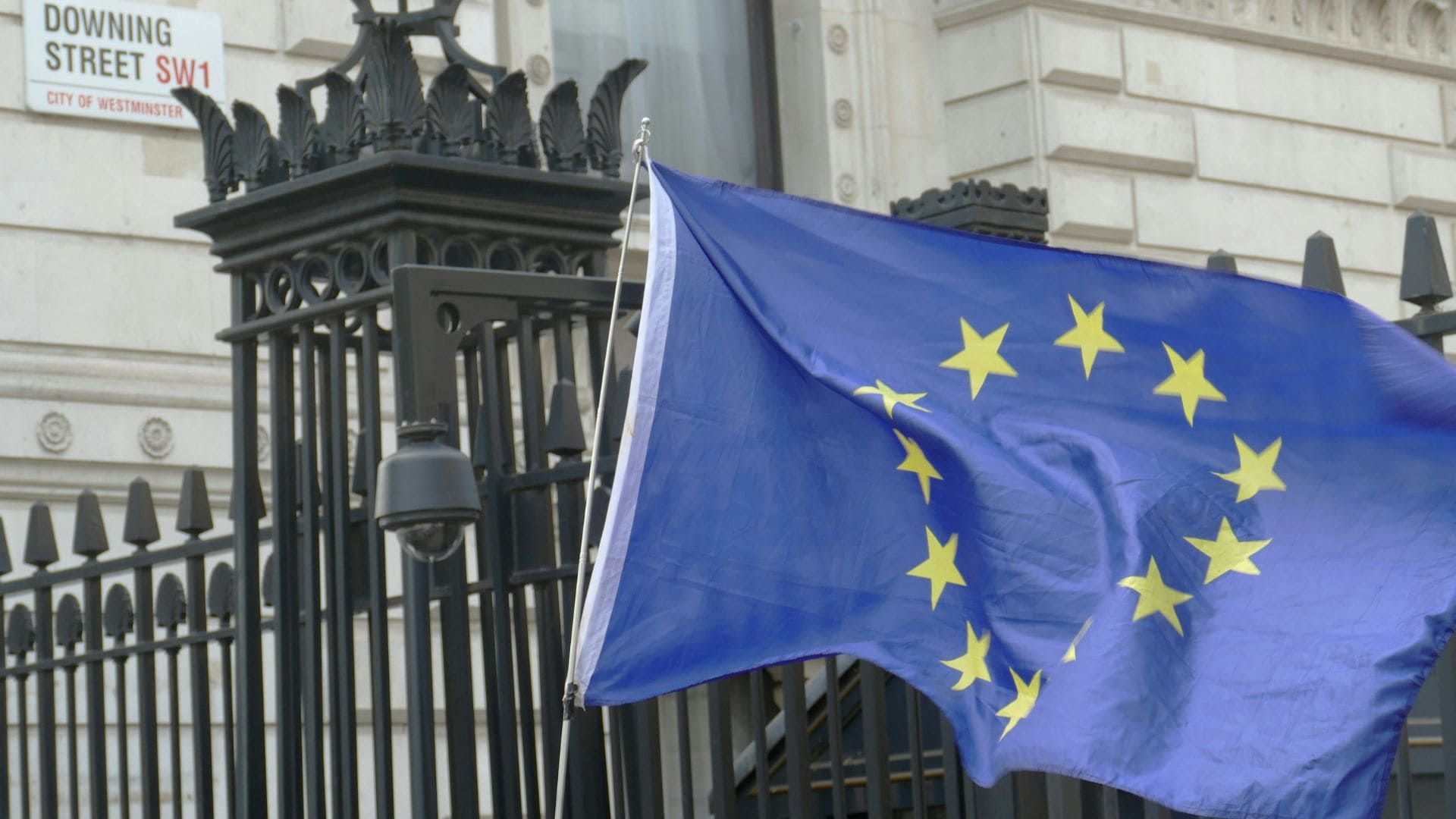Articles
Amazon finds itself in ‘Hot Water’
April 2020
Battle over counterfeit perfume. CJEU issues its decision in Coty Germany v Amazon – Amazon does not infringe brand owners’ trade mark rights by stocking infringing goods.
Counterfeit or otherwise infringing goods on online marketplaces such as Amazon, eBay and Alibaba represent a major headache for brands. This decision is the latest in a series of cases brought by brand owners seeking recourse against the online marketplace themselves in an attempt to stem the supply of counterfeit products.
Background to the dispute
Coty owns a range of well-known cosmetics brands and is the exclusive licensee of the DAVIDOFF trade mark. Following test purchases of ‘Davidoff Hot Water’ perfume on Amazon.de which were found to be infringing, Coty requested the contact details of a seller from Amazon but was told they could no longer be identified.
This led Coty to issue proceedings against Amazon in Germany, alleging that Amazon had infringed its trade mark rights by stocking and shipping the infringing products. Amazon denied liability, arguing that it only handles products on behalf of individual sellers and had no knowledge of the infringement as it had not received a takedown notice from Coty. The German court referred the case to the Court of Justice of the European Union (CJEU) for guidance.
Did Amazon’s actions in stocking the products amount to trade mark infringement?
EU regulations allow trade mark owners to prevent third parties from offering or putting infringing goods on the market or stocking them for such purposes. Knowledge of the infringing nature of the goods is not required. This potentially implicates online marketplaces such as Amazon which act as intermediaries and provide the means for infringing goods to reach the market.
Traditionally, the providers of intermediary services such as providers of warehouse storage have been exempted from liability for handling trade mark infringing goods, as it would be unreasonable for them to have to carry out checks that the products are legal in the course of their normal work.
The courts have occasionally been willing to hold online marketplaces to account for listing counterfeit goods, most notably in L’oreal v eBay it was suggested that a site could be liable for trade mark infringement if it plays an ‘active role’ in the promotion of a product or if it had access to information indicating that a listing was unlawful and did not promptly remove it.
What potentially distinguished Amazon from past cases is the fact that the company handle all labelling, packaging, delivery and product returns in return for a fee under its ‘Fulfilment by Amazon’ service. This led the Advocate General and adviser to the CJEU, who provided an opinion prior to the judgement itself, to suggest that Amazon should be liable for trade mark infringement regardless of its knowledge of the counterfeit nature of the goods. In his view, Amazon essentially acts as the seller in placing the products on the market and should be held to a higher standard than that of a provider of warehouse storage. The Advocate General also considered the matter from the perspective of the consumer, who may struggle to determine where exactly products originate from as platforms offer additional services on behalf of sellers. This would have placed a greater burden on Amazon to carry out investigations into the products sold on its site or vet individual sellers.
However, the CJEU declined to follow this line of reasoning and took a much narrower view of Amazon’s activities, holding that the “mere storage” of goods does not constitute trade mark infringement, as long as the storage provider does not aim to offer the goods for sale or place them on the market, which did not apply to Amazon. Disagreeing with the Advocate General as to the nature of Amazon’s services, the court held that Amazon did not play an active role in, or have control over, the infringing acts of individual sellers.
Summary
Overall, this is positive for online marketplaces as well as intermediaries generally. It is now clear that the providers of logistical services are unlikely to infringe EU trade mark rights. Following the decision, trade mark owners are advised to monitor sites, make test purchases and make use of takedown notice procedures to ensure that marketplaces cannot claim ignorance of infringement. However, it seems likely that more cases of this nature may follow as the relationship between consumer, retailer, supplier and brand owner increasing blurs and develops.
































